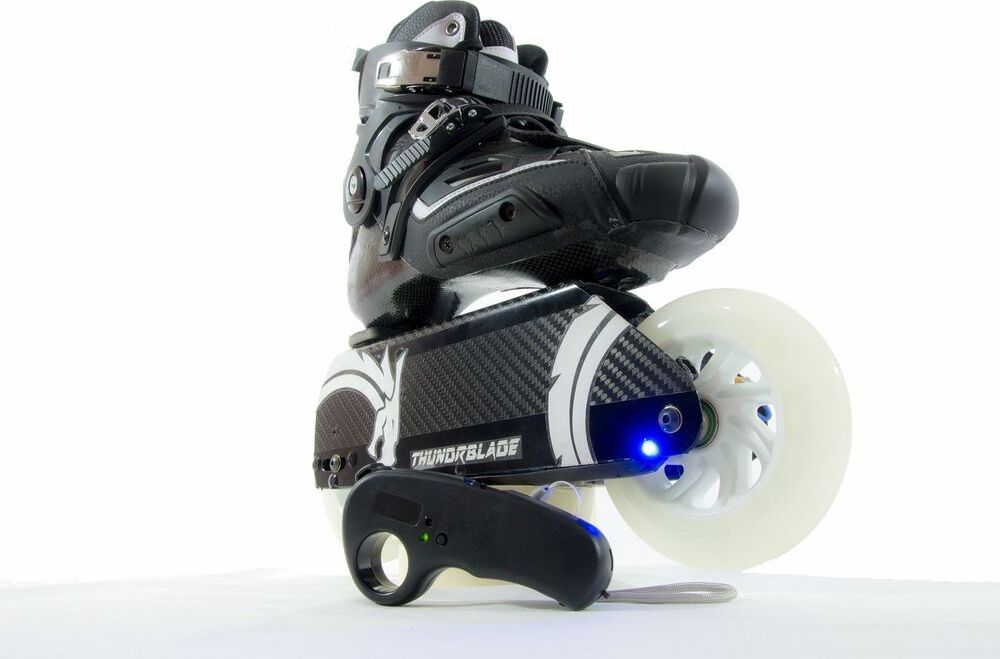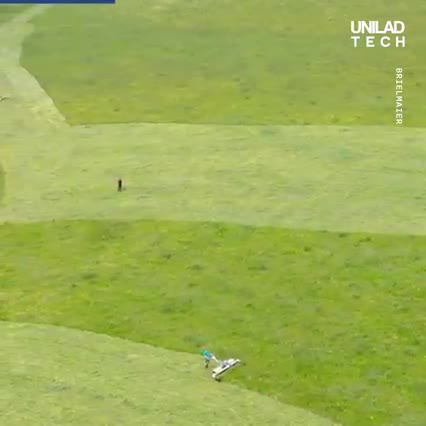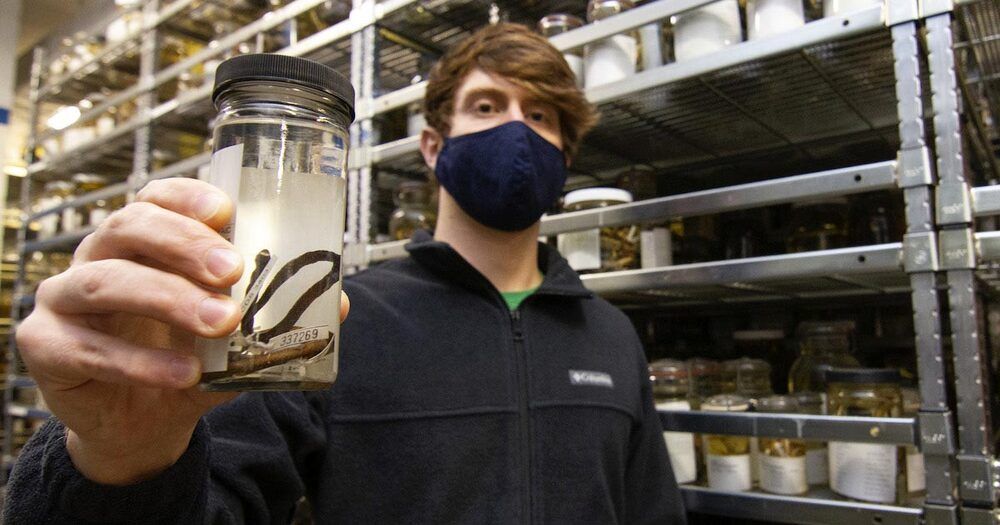In the past twenty years, one of the biggest developments to take place in the realm of space exploration has been the growth of the commercial space industry (aka. NewSpace). As a result of growing demand and declining costs, more companies are coming to the fore to offer launch services that are making space more accessible and cost-effective.
One such company is the space delivery services company Aevum, an Alabama-based startup specializing in Autonomous Launch Vehicles (AuLVs). On Dec. 3rd, 2020, Aevum unveiled their prototype vehicle, the RAVN-X. Once operational, this autonomous suborbital spaceplane will be able to send satellites and other small payloads to Low Earth Orbit (LEO) in just three hours.
The term Aevum (derived from the Latin word for age) comes from the Scholastic philosophy of the Middle Ages. Basically, it refers to the state of existence experienced by the angles, between the temporal realm (where the mortals live) and eternity (God in heaven). In the context of aerospace, it refers to LEO, the region that lies between Earth and outer space.






